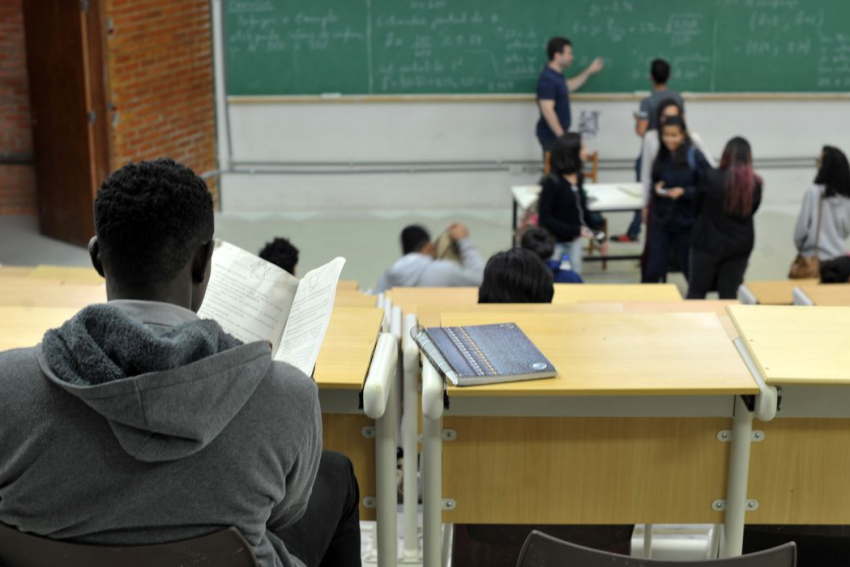With the expansion of public universities between 1960 and 2000, the black population was excluded from these spaces. The quotas for blacks, browns and other groups brought positive results in relation to diversity in undergraduate courses. This is the assessment of professor Paulo Vinicius, superintendent of Affirmative Policies at the Federal University of Paraná (UFPR), in an interview with UOL's Ecoa portal.
ADVERTISING
Could the review end the Quota Law?
No. The idea of carrying out a review is to analyze the way public policy has worked over the years. This allows you to discuss possible improvements or deletion of items that did not work.
“The affirmative action policy is always carried out on a temporary basis. Its objective is to correct an inequality, a distortion”, highlighted the then Minister of Education, Aloizio Mercadante, in 2012.
To postpone or not to postpone?
One of the possible debates that experts and politicians can have is to assess whether, after a decade of implementation, the Quota Law has already met the purpose established in its sanction. According to jurists from a commission created in the Chamber of Deputies in 2021, This objective has not yet been achieved.
ADVERTISING
After a study carried out by Universidade Zumbi dos Palmares, researchers and parliamentarians argue that the debate on the effects caused by the Quota Law should be postponed by 40 years. In other words, it will be held in 2062. The reason? Ten years is a short time to analyze the real impacts of a public policy.
Other groups too advocate postponing the debate to 2023 because of the elections held in 2022.
Against the Quota Law
However, there are projects that propose a drastic change in current legislation. One of them is authored by federal deputy Kim Kataguiri (DEM), which establishes quotas for admission to public universities only for low-income students.
ADVERTISING
The text revokes the articles of the Quota Law that reserve places for self-declared black, mixed race and indigenous people and people with disabilities in federal higher education institutions.
“In addition to being unconstitutional, positive discrimination policies don’t make any sense. Those who are excluded from education are the poor, who enter the job market early and depend on the State's educational services, which are generally of poor quality”, said Kataguiri in interview with Câmara de Notícias Agency.



